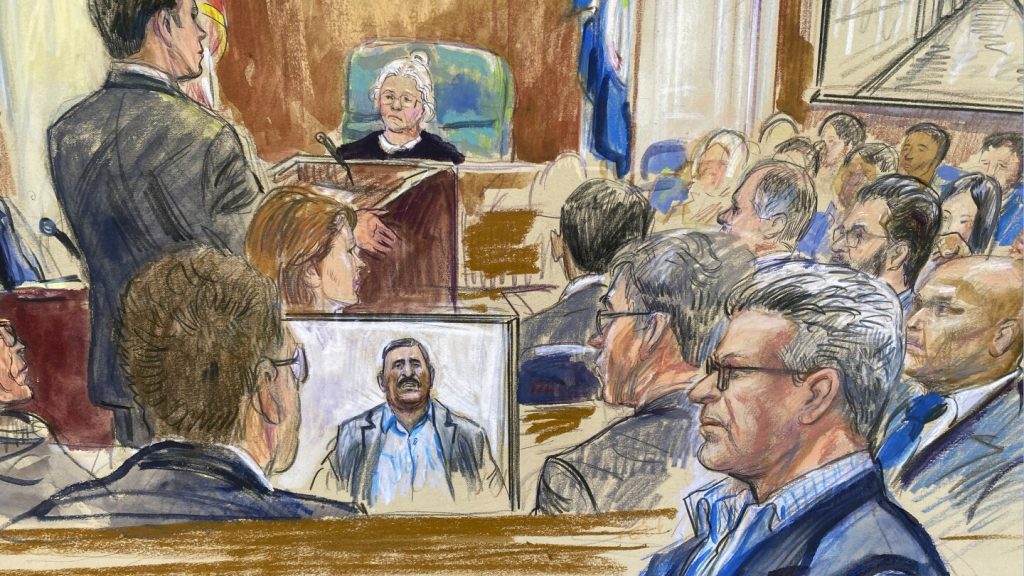A lawyer for the military contractor CACI, being sued by three survivors of Abu Ghraib prison in Iraq, argued that the plaintiffs are suing the wrong people and should make their claims against the U.S. government. The lawsuit alleges that civilian interrogators supplied by CACI contributed to the torture of the plaintiffs by conspiring with military police. CACI’s defense relies on the “borrowed servant doctrine,” stating the employer isn’t liable for employees’ conduct if another entity controls their work.
The lawyers for the plaintiffs dispute CACI’s assertion that the Army was directing and controlling its employees. Evidence presented at trial showed that CACI’s contract with the Army required them to supervise their own employees. Jurors also saw a section of the Army Field Manual stating that only contractors can supervise and direct their employees. Despite CACI’s arguments, the plaintiffs’ lawyer maintained that if CACI interrogators conspired with military police to inflict abuse on detainees, CACI could still be held liable for their actions.
The three plaintiffs testified to severe abuse, including beatings, sexual assaults, and threats with dogs, but claimed the abuse was inflicted by soldiers or unidentified civilians. The jury heard from two retired generals who investigated the Abu Ghraib scandal, both concluding that CACI interrogators engaged in misconduct. The plaintiffs’ lawyer emphasized that while soldiers involved in the abuse were held accountable, CACI has not faced consequences. CACI was asked by the Army to fire an interrogator in 2004, but contested the dismissal, claiming the photo evidence was not incriminating.
The trial was marked by delays and legal wrangling, with questions over whether CACI could be sued. Arguments over sovereign immunity and derivative immunity were raised, with the judge ruling that the U.S. government cannot claim immunity in cases involving fundamental violations of international norms. As a result, CACI could not claim derivative immunity either. The jury deliberated for three hours before pausing without reaching a verdict, with deliberations set to resume later. The trial marks the first time a U.S. jury has weighed claims of abuse at Abu Ghraib prison.


